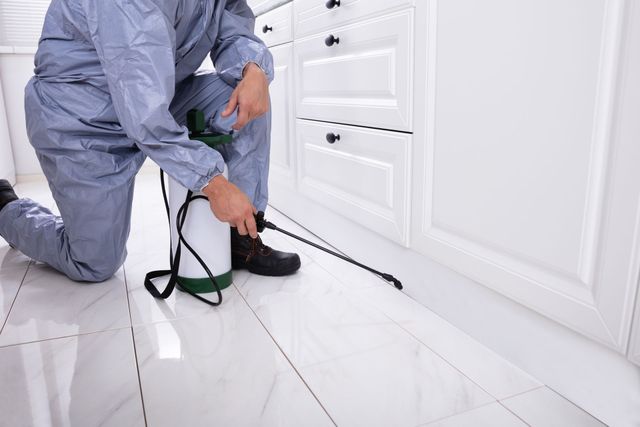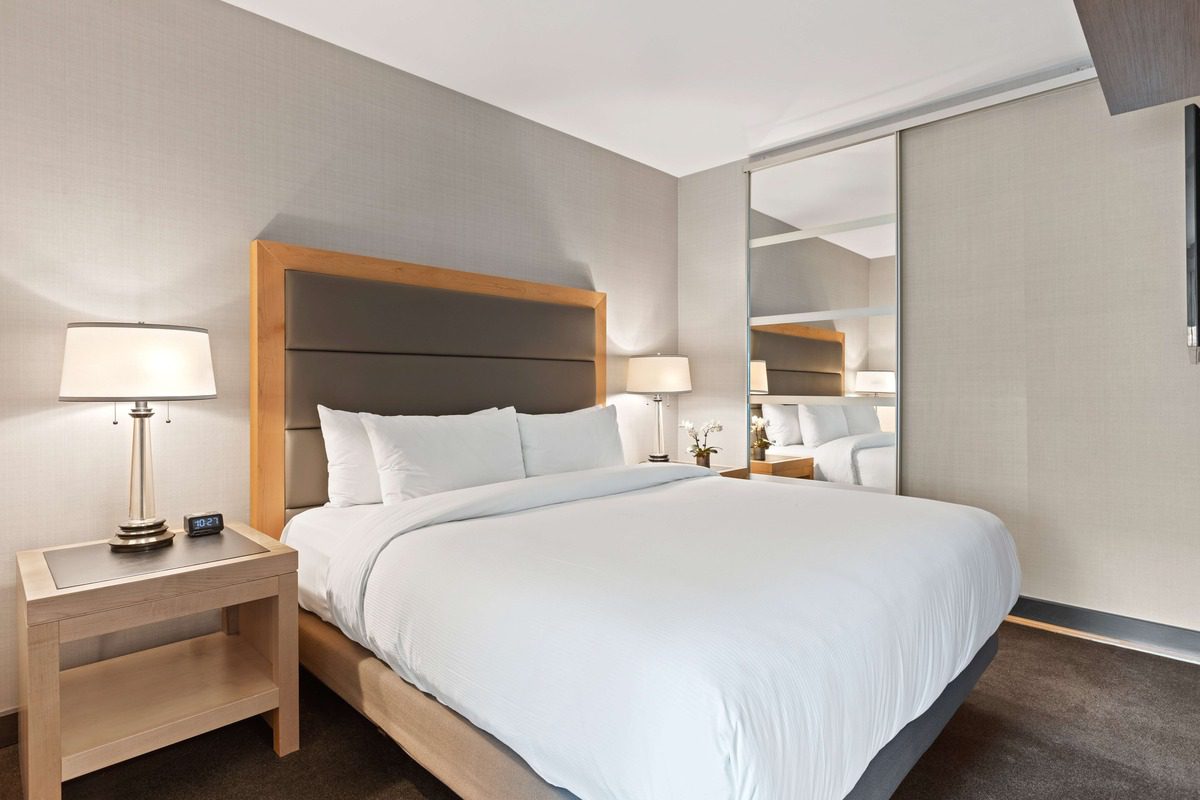In the hospitality industry, one persistent issue remains a nightmare for hoteliers and guests alike: pest infestations. Understanding why pests spread quickly in hotels is crucial for anyone involved in hotel management or frequent travelers who wish to avoid unpleasant encounters. This article delves into the factors contributing to the rapid spread of pests in these environments.

The Perfect Breeding Ground: An Inside Look
Hotels, by their very nature, provide an ideal breeding ground for pests. Factors such as constant foot traffic, frequent guest turnover, and the presence of food and water sources create an environment where pests can thrive. Unlike residential homes, hotels have numerous entry points, making it easier for pests to infiltrate unnoticed.
In addition, hotels often have interconnected rooms and shared ventilation systems, which allow pests to move freely from one area to another. This connectivity can lead to widespread infestations within a short period.
High Turnover and Human Traffic: A Recipe for Infestation
The high turnover rate in hotels is another significant factor contributing to why pests spread quickly in hotels. With guests constantly coming and going, the risk of pests hitching a ride in luggage or personal belongings is high. Bed bugs, for instance, are notorious for spreading through human traffic, as they can easily latch onto clothing or suitcases.
The continuous flow of people also means that hotel staff must constantly clean and maintain rooms, which can inadvertently disturb hidden pest nests and contribute to their spread. For more on how hotel kitchens should be checked for pests, visit hotel kitchen pest checks.
Food and Waste Management: A Critical Concern
The presence of food and improper waste management are significant contributors to pest infestations in hotels. Many hotels offer dining services, room service, and mini-bars, all of which provide potential food sources for pests. If not managed properly, these food services can attract rodents, cockroaches, and other unwanted guests.
Poor waste management further exacerbates the problem. Overflowing trash bins, improper disposal of food waste, and infrequent cleaning schedules can create a haven for pests, allowing them to multiply rapidly. Learn more about pest control strategies for vacation homes at pest control for vacation homes.
Maintenance and Infrastructure: Key Vulnerabilities
Another reason why pests spread quickly in hotels is the lack of proper maintenance and infrastructure. Cracks, crevices, and poorly sealed doors and windows can serve as entry points for pests. Additionally, outdated plumbing and HVAC systems can harbor pests, providing them with the necessary warmth and moisture to survive.
Regular maintenance checks and timely repairs are essential to prevent pests from exploiting these vulnerabilities. For more insights on how to track pest activity trends in hotels, visit tracking pest trends.
Proactive Measures: Preventing Pest Proliferation
Understanding the reasons behind the rapid spread of pests in hotels is only the first step. Implementing proactive measures is crucial to prevent infestations and ensure guest satisfaction. Here are some strategies that can help:
Regular Inspections and Monitoring
Conducting regular inspections and monitoring pest activity are vital to identifying and addressing potential infestations before they become severe. Employing pest control cameras for landlords can be a valuable tool in early detection. Discover more at pest control cameras.
Proper Cleaning and Sanitation
Maintaining high standards of cleanliness and sanitation is crucial in preventing pest infestations. This includes regular cleaning of guest rooms, common areas, and kitchen facilities. For more information on pest control in hotel management, visit pest control in hotels.
Guest Awareness and Education
Educating guests about the potential risks of pest infestations and how they can help prevent them is an effective strategy. Providing information on proper storage of personal belongings and the importance of reporting any signs of pests can empower guests to be proactive.
Professional Pest Control Services
Partnering with professional pest control services is essential for effective mitigation of pest infestations. These experts have the knowledge and tools to address pest problems efficiently and prevent future occurrences.
Conclusion
The reasons why pests spread quickly in hotels are multifaceted, involving factors such as high human traffic, food and waste management, and infrastructure vulnerabilities. By understanding these factors and implementing proactive measures, hoteliers can minimize the risk of infestations and ensure a pleasant experience for their guests. For more insights on hotel pest control solutions, visit hotel pest solutions.

FAQ Section
What types of pests are commonly found in hotels?
Common pests in hotels include bed bugs, cockroaches, rodents, ants, and flies, all of which can thrive in hotel environments due to the availability of food, water, and shelter.
How can hotels prevent pest infestations?
Hotels can prevent infestations by conducting regular inspections, maintaining high cleanliness standards, educating guests, and partnering with professional pest control services.
What should guests do if they encounter pests in their hotel room?
If guests encounter pests, they should immediately report the issue to hotel management, who can take appropriate action to address the problem and ensure guest satisfaction.
